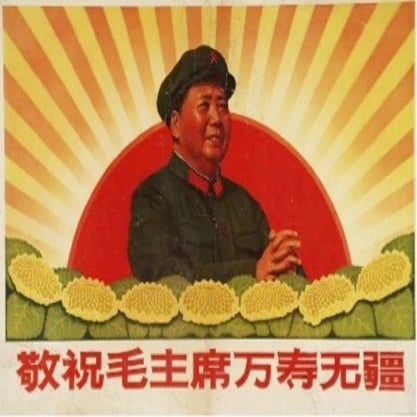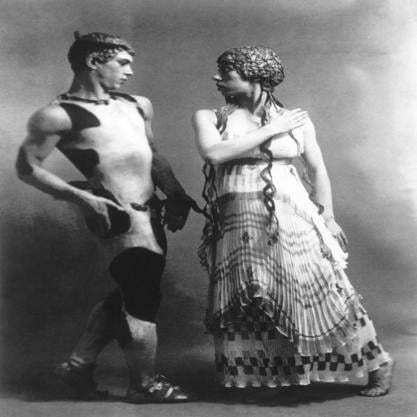Article
Mishima, Yukio (1925–1970) By Jortner, David
Article
Mishima Yukio is the pen name of Kimitake Hiraoka. He was an acclaimed novelist, playwright, poet, and essayist. He was nominated three times for the Nobel Prize in Literature during the post-war era. His work explores issues of sexuality, power, love, and death through a combination of classical and modern Japanese aesthetics and ideas.
Mishima was born in Tokyo in 1925 to a well-off family; his grandmother was a descendant of Japanese royalty and spent much time with Mishima, going as far as to raise him herself until the age of twelve years. Upon his return to his family he began to read both Western and Japanese authors voraciously, and to write short stories and waka poetry. Mishima was mistakenly declared unfit for military service during World War II and graduated from Tokyo University in 1947. Through his father’s connections he got a job in the finance industry but soon left it to concentrate on writing.
Mishima had several relationships with both men and women; he married Sugiyama Yoko in 1958 and fathered two children with her. In 1955 Mishima took up private weight training; he was to remain an avid bodybuilder for the remainder of his life. In 1968 Mishima formed the Tate-no-kai [Shield Society], a paramilitary group of young men who studied martial arts and military tactics with him.


